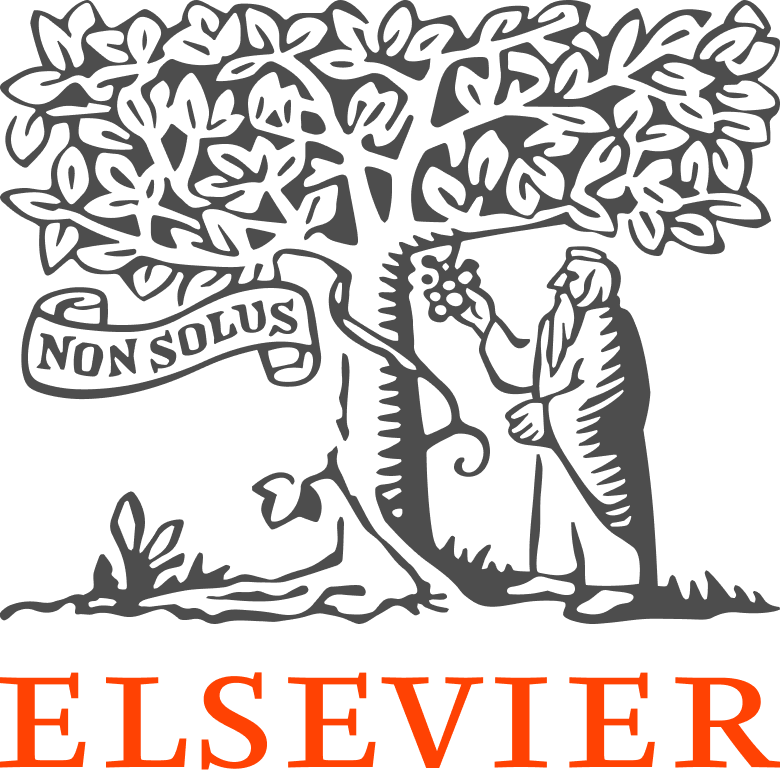How Can We Help?
Strategies to make your Portal Pages Rank First on GoogleStrategies to make your Portal Pages Rank First on Google
Achieving the top spot on Google’s search results for your portal pages is a multifaceted process. While it’s impossible to control every factor that search engines use to rank pages, there are several critical strategies you can implement to improve your chances of reaching the coveted number one position.
Here are some key factors Google considers when ranking pages:
Unique Content: The content on your site must be original, valuable, and relevant to your audience. Unique content not only attracts visitors but also satisfies search engine algorithms that prioritize fresh and meaningful content.
Backlinks: Quality backlinks from other reputable websites, especially those highly ranked by Google, play a significant role in elevating your portal’s search rankings. These links serve as endorsements of your content’s credibility and relevance.
Amount of Content: The more unique and relevant content you publish on your portal, the higher the chances of appearing in search results. Consistent content creation keeps your portal active and visible.
Sustained Engagement: Encourage ongoing participation from your institution's staff. This includes filling out detailed and unique research interest descriptions, organization and project descriptions, and other relevant content. Ensure that researchers frequently reference the portal on social media and other platforms.
Discoverability: Make sure that your Pure Portal is easy to find from your main research institution website. A clear, easily accessible link from the homepage or within one or two clicks can significantly boost traffic and improve your portal’s search ranking.
Actionable Steps to Improve Portal SEO
To further enhance your portal’s visibility and ranking on Google, follow these essential steps:
Keyword Research:
Identify and use relevant keywords that your audience is searching for. These keywords should be strategically placed throughout your content, in titles, meta descriptions, and headers.
On-Page SEO:
Optimize your pages by ensuring that title tags, meta descriptions, headers, and images include your targeted keywords. On-page SEO ensures that search engines can easily crawl and index your content.
Technical SEO Optimization:
Ensure that your portal has a clean URL structure, an updated XML sitemap, and is free of technical issues that could hinder search engine crawling.
Social Media and External Engagement:
Encourage researchers and staff to actively share portal content on social media platforms. This not only drives traffic but also creates additional backlinks and engagement metrics that search engines consider.
Regular Updates:
Keep your content fresh and relevant by updating it regularly. Search engines prioritize sites that consistently add new and updated content.
Local SEO (if applicable):
If your portal serves a specific geographic area, optimize for local search terms and ensure your institution's information is consistent across all online platforms.
Conclusion
While you cannot dictate exactly which links will appear at the top of search engine results, implementing these strategies will significantly improve your chances of ranking your portal pages at number one. By focusing on unique content, strong backlinks, technical optimization, and sustained engagement, you can elevate your portal’s visibility and performance on Google and other search engines.
Published at November 11, 2024
